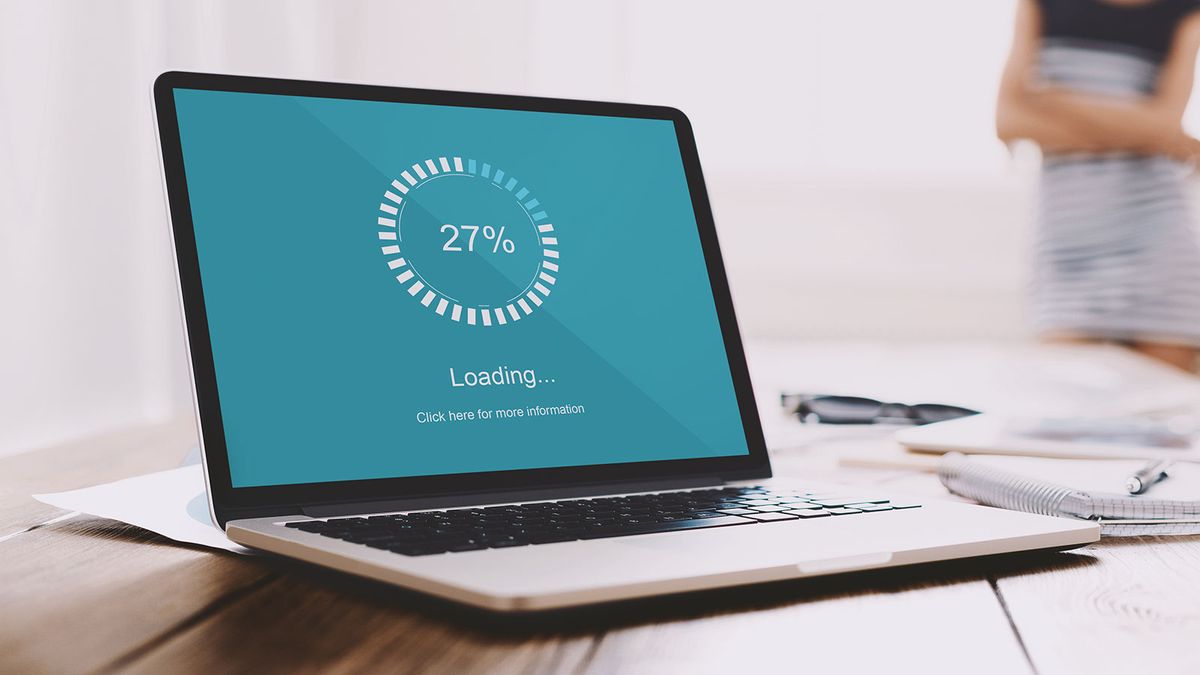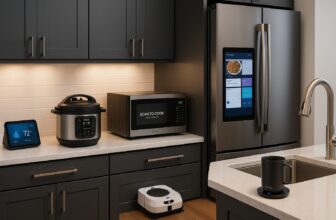
Having enough random access memory (RAM) is super important for a smoothly functioning PC or laptop. RAM is your computer’s short-term memory, temporarily storing files that need to be quickly accessed by your computer’s processor or central processing unit (CPU).
“Some software and applications require a lot of resources, especially when these programs run in the background and have an auto-update mechanism,” says Nick Murphy, co-founder and editor at Techozu, in an email. “If a program is silently updating in the background, it’s going to slow down the computer.”
Every application that’s open on your computer is competing for RAM. That includes individual browser tabs on Chrome or Safari, music being streamed on Spotify and antivirus programs scanning for bugs. When RAM starts to run out, it overwhelms your CPU and programs will slow down, freeze or crash entirely.
The Fix: The first step is to close any unnecessary applications. If you’re not sure what’s open and running on your computer, there’s an easy way to check:
- In Windows, open the Task Manager by typing Ctrl+Alt+Del
- On a Mac, go to your Applications folder > Utilities folder, and then double-click on Activity Monitor
- On a Chromebook, click the three dots in the top right of any browser window > More tools > Task manager
With all three of those tools, you can see which applications are hogging the most RAM and CPU power and close them. If you see a bunch of programs that you don’t use very often, make sure that they’re not opening automatically each time you start your computer.
“If you have too many programs set to start up automatically when your computer starts, it can slow down the boot process and make your computer run slow,” says Jeroen Van Gils, founder of Lifi.co in an email. “To fix this, you can go into your startup settings and disable any programs that you don’t need to start automatically.”
Also, how many browser tabs do you have open at once? Browser tabs might not seem like a big deal, but each one eats up RAM. If you have 10, 20 or more tabs open at once (which can easily happen with multiple browser windows), that’s going to slow your computer down.
Lastly, if your computer is more than four years old or a bargain model, you simply might not have enough RAM to run newer, memory-hungry applications.
“All of the programs, applications, games, etc. are improving all the time, and they require more powerful devices to run smoothly,” says Phil Vam, tech expert and owner of Majordroid in an email. “I know that many people think 4GB of RAM is enough, but realistically, smartphones have more RAM nowadays. In my opinion, 8GB of RAM is the minimum, while 16GB of RAM is ideal for 99 percent of users.”








